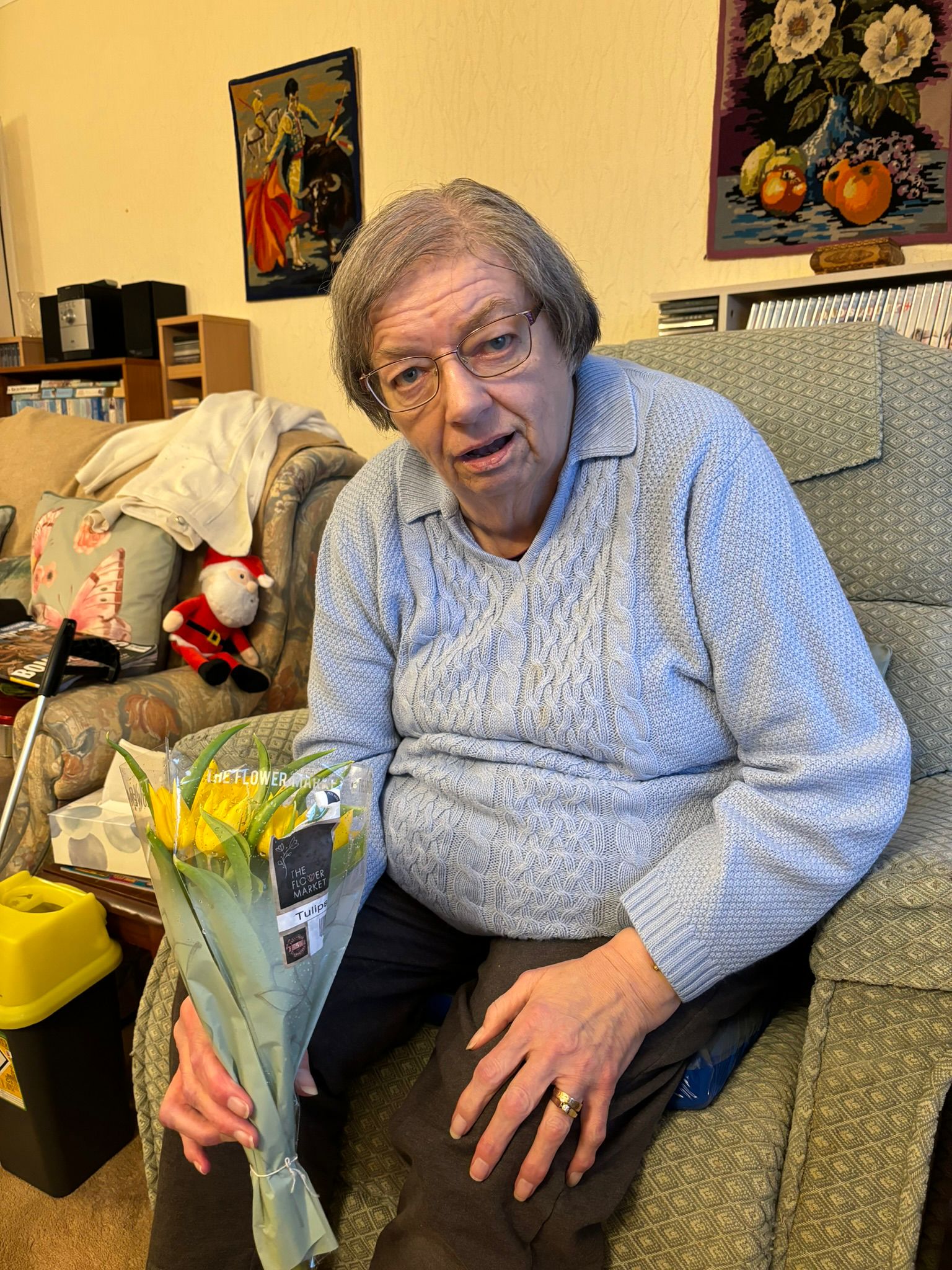End-of-life home care is a specialized form of healthcare and support provided to individuals who are in the final stages of a terminal illness or have a limited life expectancy. The primary goal of end-of-life home care is to enhance the quality of life for individuals facing the end of life, providing comfort, dignity, and support within the familiar surroundings of their own homes. Here are key aspects of end-of-life home care:
-
Comfort and Pain Management:
- The focus is on providing effective pain management and ensuring the individual’s overall comfort. This may involve medication management, symptom control, and specialized care techniques.
-
Emotional and Spiritual Support:
- End-of-life home care includes emotional and spiritual support for both the individual and their family. Caregivers offer companionship, counseling, and assistance in addressing emotional and spiritual needs.
-
Respect for Individual Wishes:
- Care plans are tailored to respect the individual’s wishes and preferences regarding their end-of-life care. This may include decisions about medical interventions, place of care, and personal rituals.
-
Family Involvement:
- Involving family members in the care process is integral. End-of-life home care providers communicate openly with families, addressing concerns, providing updates, and offering guidance on supporting their loved one.
-
Holistic Approach:
- The care provided is holistic, addressing not only the physical aspects of the individual’s condition but also emotional, social, and spiritual needs.
-
Coordination with Healthcare Professionals:
- End-of-life home care often involves close coordination with hospice services, palliative care teams, and other healthcare professionals. This ensures a comprehensive and well-coordinated approach to care.
Carers will help with all manner of tasks. Some of the more common include:
- Getting Up / Going to Bed
- Medication
- Cooking Meals & Cleaning
- Laundry – clothes & bed linen
- Laundry – clothes & bed linen

-
Dignity and Respect:
- Maintaining the individual’s dignity is a central focus. Caregivers work to ensure that the individual’s values, preferences, and autonomy are respected throughout the end-of-life care journey.
-
Grief and Bereavement Support:
- End-of-life home care services extend support beyond the passing of the individual, providing grief and bereavement support to family members and loved ones.
-
Flexible Care Plans:
- Care plans are flexible and can be adjusted based on the changing needs of the individual as their condition progresses.
-
Community Integration:
- End-of-life home care may involve facilitating connections with the community, allowing individuals to maintain social ties and engage in meaningful activities when possible.
End-of-life home care is a compassionate and personalized approach that aims to honor the individual’s choices, enhance their comfort, and provide a supportive environment for both the individual and their loved ones during a challenging time.





